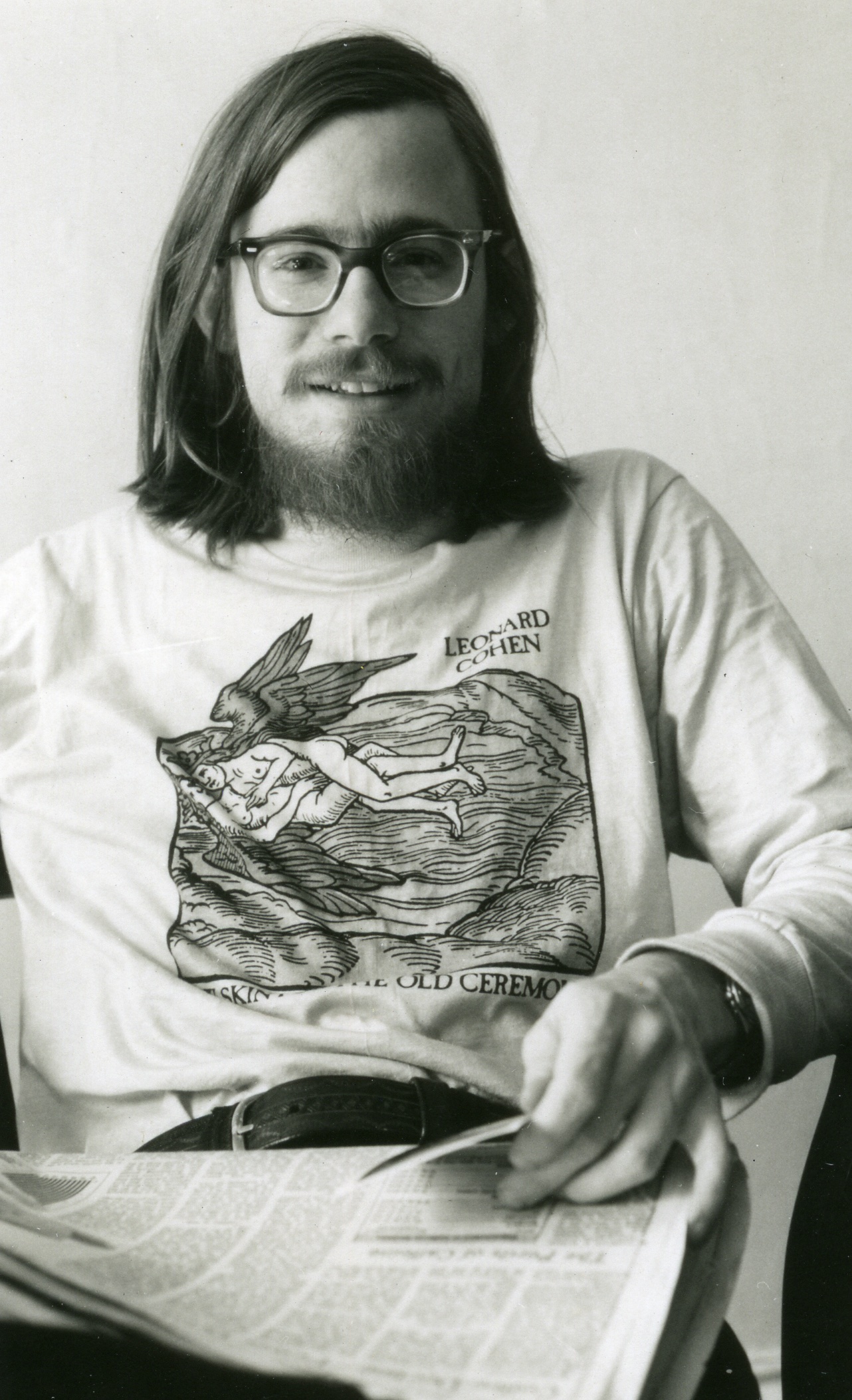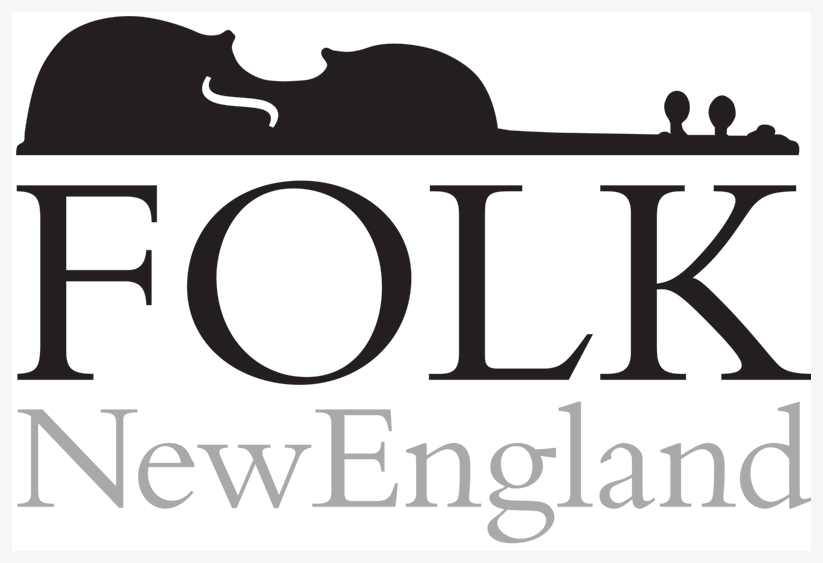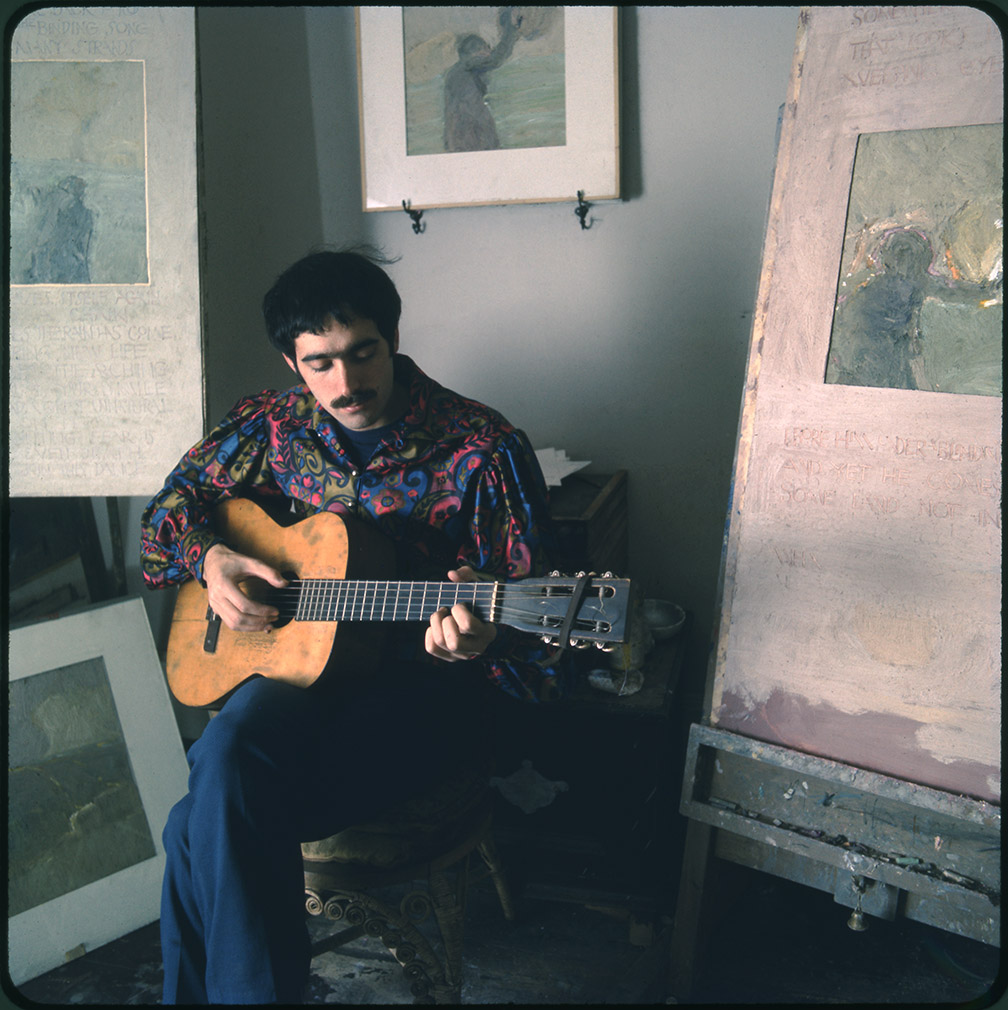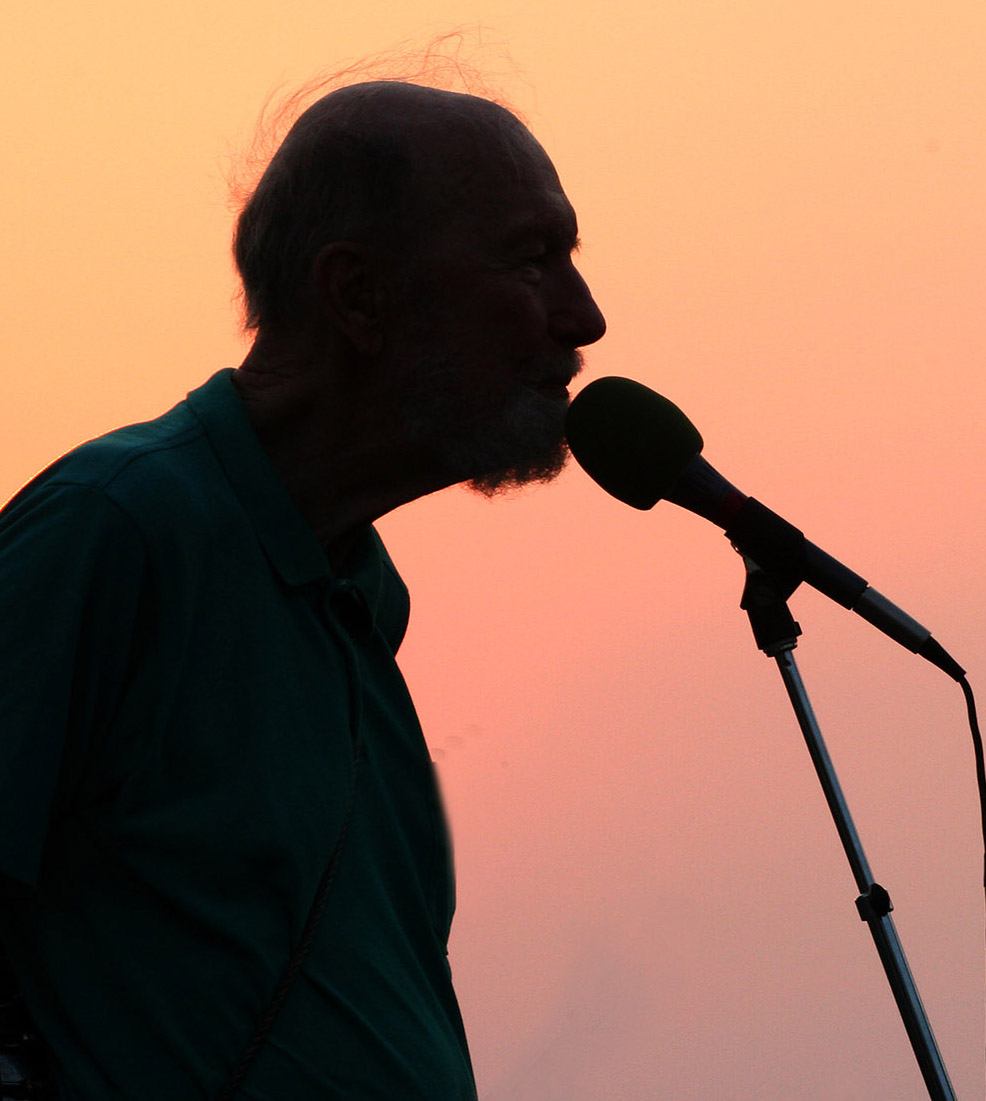Autoharp and Folk Song Periodicals Collection
This collection consists of periodicals on the subject of the autoharp and folk song education. Autoharp Quarterly was published out of Pennsylvania with quarterly issues until summer of 2021. It was edited by Mary Lou Orthery and Ivan Stiles. It features letters, songs and tablature, and columns called “‘Harpers at Large” and “Auto-suggestion,” which includes tips from readers. Autoharp Teachers Digest was published out of Kalamazoo, Michigan, and edited by Jacalyn Post. Most issues, which are two or three pages, include a lesson plan with some tablature. Autoharpoholic was edited by Becky Blackley, the author of The Authoharp Book (1983), published by i.a.d, in Brisbane, CA. Folksong in the Classroom was a newsletter established in 1979 by members of the American Historical Association’s Committee on History in the Classroom, led by Laurence I. Seidman, a folklorist and professor at Post College, New York. It was issued three times a year, and reached an audience composed primarily of upper elementary, junior high, and high school teachers. It was self-published, edited by John A. Scott of the Fieldston School (New York) and Rutgers University (NJ); and Laurence I. Seidman. Each issue has a themed section, such as Lullabies or “Teaching about Slavery through Folk Song,” with historical background information and songs, including lyrics and music, and sample lesson plans. Issues also include correspondence with readers, and lists of useful resources for classroom teachers like books and workshop offerings.





